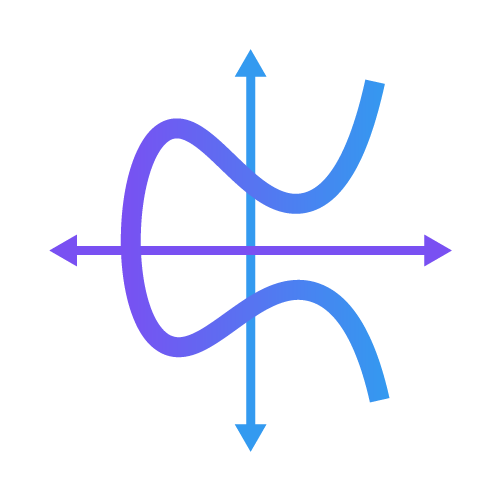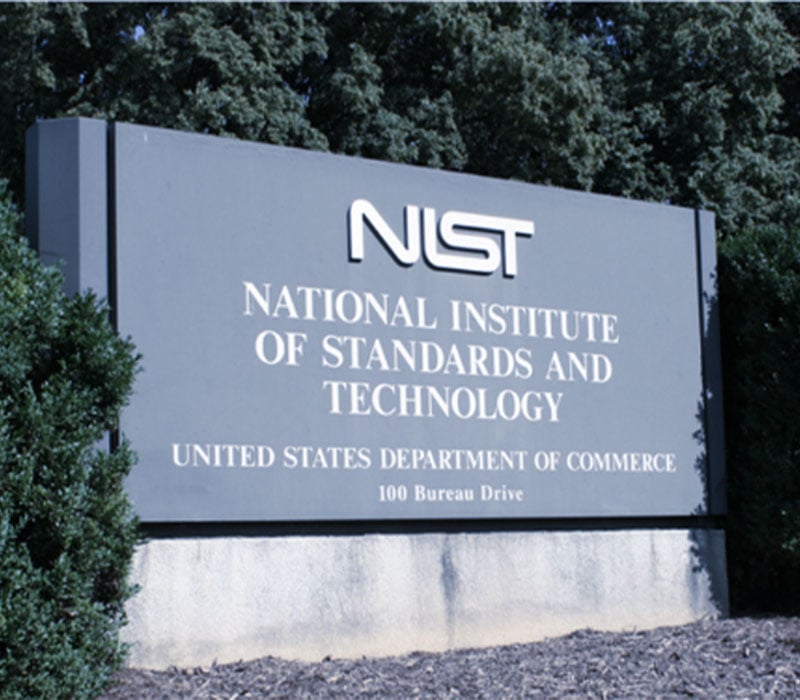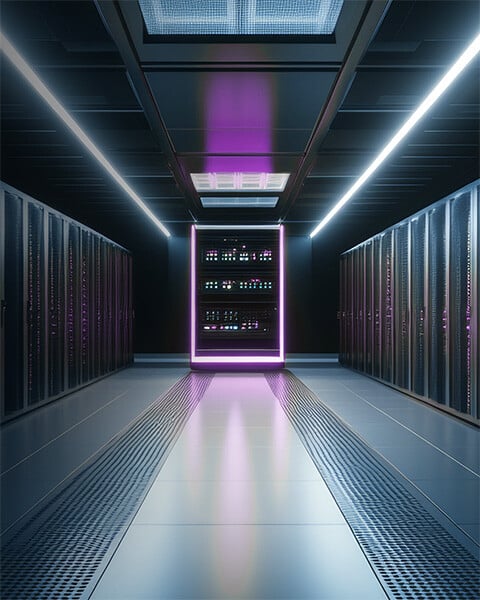Welcome to the Quantum Lab
Quantum computers are here, and the clock is ticking—migrating to 'quantum-safe encryption' is critical to safeguard your digital assets. The Quantum Lab equips you with the tools and insights you need to act now and stay ahead of the threat.
SEALSQ collaborates with the NIST National Cybersecurity Center of Excellence (NCCoE) in the Migration to Post-Quantum Cryptography Building Block Consortium.(*)
introduction
What is Post Quantum Cryptography ?
How Does Post-Quantum Cryptography Work?

Lattice-based Cryptography
Uses complex mathematical structures called lattices. Solving lattice problems is computationally difficult, even for quantum computers.

Hash-based Cryptography
Relies on well-established cryptographic hash functions to create quantum-resistant digital signatures.

Multivariate Polynomial Cryptography
Based on solving systems of multivariate quadratic equations, this method is computationally resistant to quantum attacks.
.png)
Code-based Cryptography
Relies on error-correcting codes and has a strong track record of resisting attacks for several decades.

Isogeny-based Cryptography
Uses elliptic curve isogenies to develop quantum-safe cryptographic systems, offering robust security against quantum threats.
Collaborating with The National Institute of Standards and Technology
*NIST does not evaluate commercial products under this Consortium and does not endorse any product or service used





